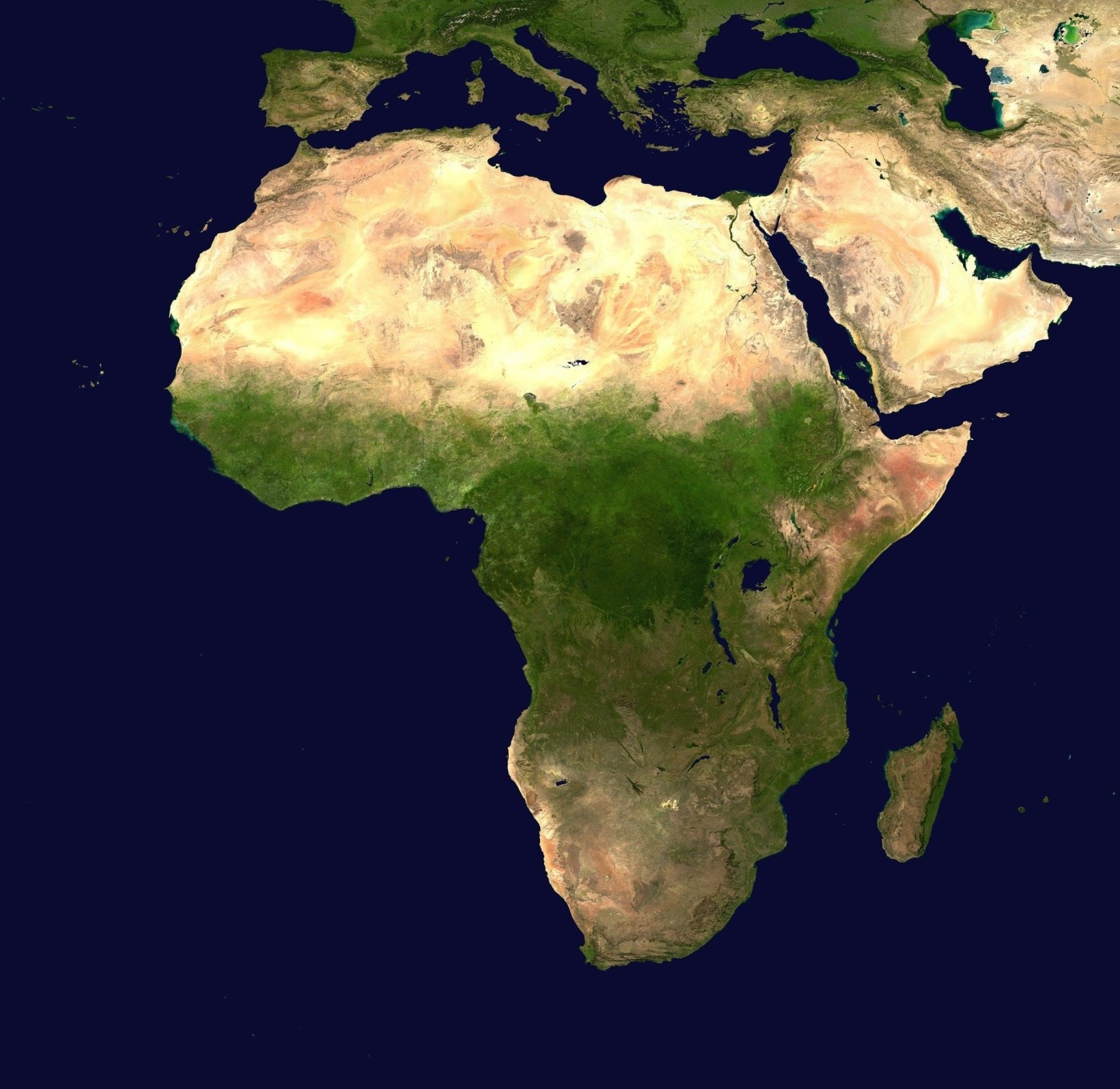Africa declared polio-free
For over half a decade, Africa has accounted for half of the world’s cases of wild polio. How has this severe viral infection been eradicated?
In 2019, there were 175 cases of wild polio and 364 cases of vaccine derived polio. This is a significant drop since 1988, with 350,000 recorded cases. The eradication of polio quickly became a global issue and corporation such as GPEI, Global Polio Eradication Initiative, was financed by both public and private donors.
What is Polio
This communicable virus is often spread between people via consumption of contaminated water and food, since the virus can survive for many weeks in human faeces
Polio is a life-threatening disease caused by the poliovirus, which can be classified as either wild polio or vaccine-derived polio. This communicable virus is often spread between people via consumption of contaminated water and food, since the virus can survive for many weeks in human faeces. Once the virus infects the body, the spinal cord is targeted, often leading to paralysis, either permanent or temporary.
Many people with polio are asymptomatic, therefore do not show any symptoms. However, one in four people with poliovirus will experience flu-like symptoms. These include; sore throat, fever, tiredness, nausea, and stomach pain. The symptoms will usually last between 2 to 5 days, before going away. A small proportion of people infected with polio will develop more serious symptoms which affect the brain and spinal cord.
Three of the common follow-up symptoms are; paraesthesia, meningitis, and paralysis. Paraesthesia often leads to the constant feeling of pins and needles in the legs, whereas meningitis affects the covering of the spinal cord. The most abundant and severe feature is paralysis, since it often leads to permanent disability, and in some cases death, since muscles in the respiratory system begin to malfunction.
There is currently no cure for polio, the only form of protection is being vaccinated during childhood. When administered, the vaccine protects children for life.
Africa has been declared free of the last remaining strain of wild polio, as of August, after meeting all the criteria of the Africa Regional Certification Committee. The disease is now only found in areas of Pakistan and Afghanistan.
Apart from a geographical barrier, different political agendas also added limitations to the vaccination efforts
Elimination of wild polio has come with significant challenges in Africa, as the last remaining communities at risk are located in geologically challenging areas. Delivering and administering immunisation campaigns within these isolated communities are rare. Apart from a geographical barrier, different political agendas also added limitations to the vaccination efforts. Certain regions in Nigeria, such as the Borno state are often under the influence of the Islamist militant group, Boko Haram, which came into conflict with the government and NGO’s about the possible side-effects and conspiracies concerning an anti-fertility agent purposefully placed by Americans to make Muslim women infertile. These accusations were dismissed by laboratory tests conducted by Nigerian scientists.
In 2003, several northern states in Nigeria suspended immunisation programmes following the heavy influence of religious Muslim leaders. Although vaccination programmes continued administration in 2004, rumours surrounding the vaccine still persisted amongst the public. Consequently, eradication of the poliovirus took decades to complete, and only in late 2020 was Africa declared free from the virus.
Could wild polio return? The answer to that question is yes.
Although an area, country, or continent may be declared free from wild polio, the virus can easily be reintroduced into the area and spread rapidly. This is often experienced in under-immunised communities, where the vaccinated proportion of a population may not be able to create an effective herd immunity.
Apart from the risk of re-contaminating an area, the risk of vaccine-derived polio still exists, and can spread rapidly. The World Health Organisation recommends persistent vigilance to avoid complacency until the word is declared free from all strains of poliovirus.

Comments